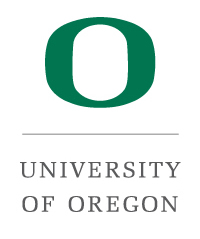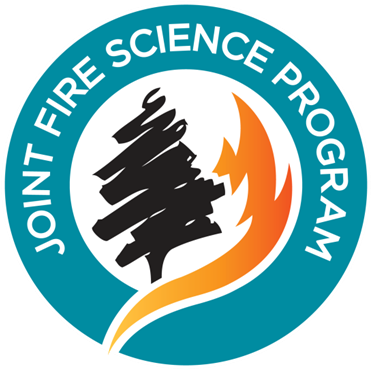Near-term probabilistic forecast of significant wildfire events for the Western United States
| Title | Near-term probabilistic forecast of significant wildfire events for the Western United States |
| Publication Type | Journal Article |
| Year of Publication | 2016 |
| Authors | Preisler, HK |
| Secondary Authors | Riley, KL |
| Tertiary Authors | Stonesifer, CS, Calkin, DE, W. Jolly, M |
| Journal | International Journal of Wildland Fire |
| Volume | Online early |
| Keywords | 7-Day Significant Fire Potential Outlook, Energy Release Component, extreme value, fire probability, forecasting significant fires, Predictive Services, technical reports and journal articles |
| Abstract | Fire danger and potential for large fires in the United States (US) is currently indicated via several forecasted qualitative indices. However, landscape-level quantitative forecasts of the probability of a large fire are currently lacking. In this study, we present a framework for forecasting large fire occurrence – an extreme value event – and evaluating measures of uncertainties that do not rely on distributional assumptions. The statistical model presented here incorporates qualitative fire danger indices along with other location and seasonal specific explanatory variables to produce maps of forecasted probability of an ignition becoming a large fire, as well as numbers of large fires with measures of uncertainties. As an example, 6 years of fire occurrence data from the Western US were used to study the utility of two fire danger indices: the 7-Day Significant Fire Potential Outlook issued by Predictive Services in the US and the National Fire Danger Rating’s Energy Release Component. This exercise highlights the potential utility of the quantitative risk index as a real-time decision support tool that can enhance managers’ abilities to discriminate among planning areas in terms of the likelihood and range of expected significant fire events. The approach is applicable wherever there are archived historical data from both observed fires and fire danger indices. |
| DOI | 10.1071/WF16038 |




